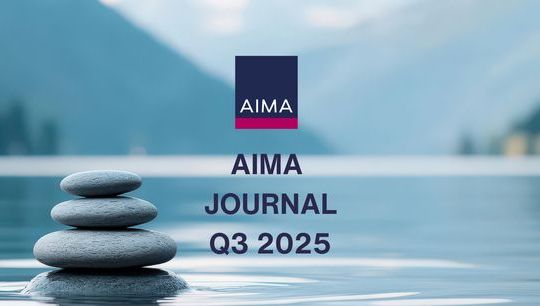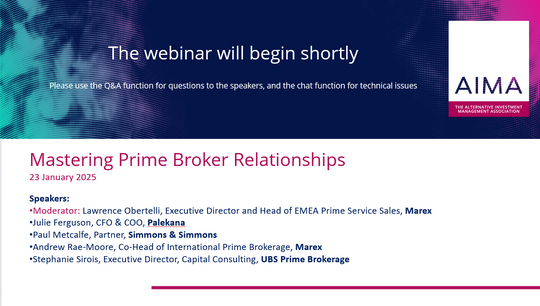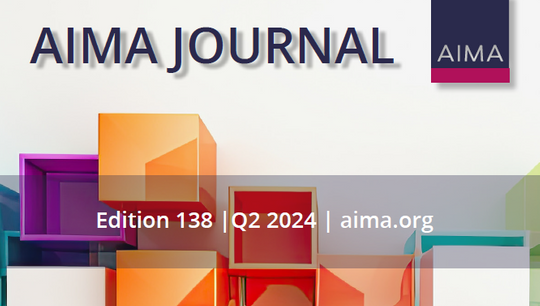Five key considerations when selecting a prime broker
By Jack Seibald, Cowen
Published: 28 November 2022
The prime brokerage industry is going through a turbulent time as some large providers have pulled out of the market in the last 12-18 months. This has forced a growing number of fund managers to rethink their approach to prime brokers. Rather than relying primarily on one big bank, an increasing number of mid-sized funds are engaging with multiple prime brokers. They are also having to be more selective about which firms to consider, most notably by diversifying counterparties to include non-bulge bracket providers.
Fund managers are casting their nets more widely than ever before when looking for a primary or secondary prime broker. Here are my top five tips for what to consider when choosing a prime broker.
- Size matters: Choose the prime broker best suited to the size and ambition of the fund. The bulge-bracket banks, understandably, may be less willing to take on a fund with a relatively small amount of assets under management. These banks may also be less generous with their time and resources and have certain minimum revenue expectations.
- Full-service capabilities: While all funds need strong operational support, state-of-the-art technology and solid risk management, additional requirements may vary according to the age and stage of the firm. In the case of emerging funds, for example, their needs could involve capital introduction or consulting. For established funds, they could involve service in a range of asset classes or detailed knowledge of regulatory regimes in a particular geography.
Outsourced trading is increasingly in demand and therefore a prime broker with a multi-asset outsourced trading offering should be considered a very compelling partner. Outsourced trading does not necessarily need to be deployed across all areas of trading but can be a very efficient and effective route to expertise, scale and reach – improving access to liquidity, asset classes, markets and geographies.
Fund managers must ensure that their needs are aligned with the prime broker’s capabilities, and that the prime broker will be able to handle their evolving requirements as they grow, and their needs evolve. - Robust risk management practices: Weak risk management practice is one of the main factors blamed for the well-publicised losses generated by some prime brokers last year, and the ripple effects are still being felt. Providers need the right tools, and perhaps more importantly, the right culture to mitigate such risks. The 2022 Global Custodian Prime Brokerage survey highlights, among other aspects, the top performers in terms of risk management.
- Outstanding service: High service levels are particularly important for many emerging and mid-sized firms. Seek a prime broker with a reputation for delivering exceptional customer service and a consistent dedication for emerging and mid-sized managers.
- Strong track record: The right prime broker, whether in a lead role or as a secondary alternative provider, should have been in the business for a while, with a proven track record in providing good advice to its clients. Consistency in commitment to prime brokerage is the key – look out for strong stable performance, a robust business model and diligent client selection.
Transparency from the outset
The prospective client and the broker should both enter into the relationship with their eyes wide open and be transparent about their respective expectations. This will lessen the chance of the uncomfortable discussion 6-12 months later about unmet expectations – revenues on the broker side and service on the client side.
While some prime brokers who have moved up the food chain due to the market upheaval have caused mid-sized clients to search for alternative solutions, others have made it clear that they wish to retain an interest in dealing with new or emerging managers and are committed to help with the growing pains of the fund in the early days. They are keen to take on clients that are a good match.
If the prime broker is selective, it shows they are committed to the strategic vision of the fund and are therefore motivated to dedicate the resources to make the partnership a success. That’s surely to the advantage of both parties.
Choose carefully
Fund managers are grappling with rising market volatility and seismic shifts in the global economy. They need to find a partner who they can trust and who they can work with for the full lifecycle of the fund. With the number of providers declining, fund managers need to be more judicious than ever in choosing their stable of prime brokerage providers.
It is critical to do thorough research prior to engaging a prime broker and ensure they can tick all the boxes, for both current and future needs. Only a limited number of prime brokers can offer the full spectrum of services on a global basis and provide the level of high-touch customer service that many funds need.





